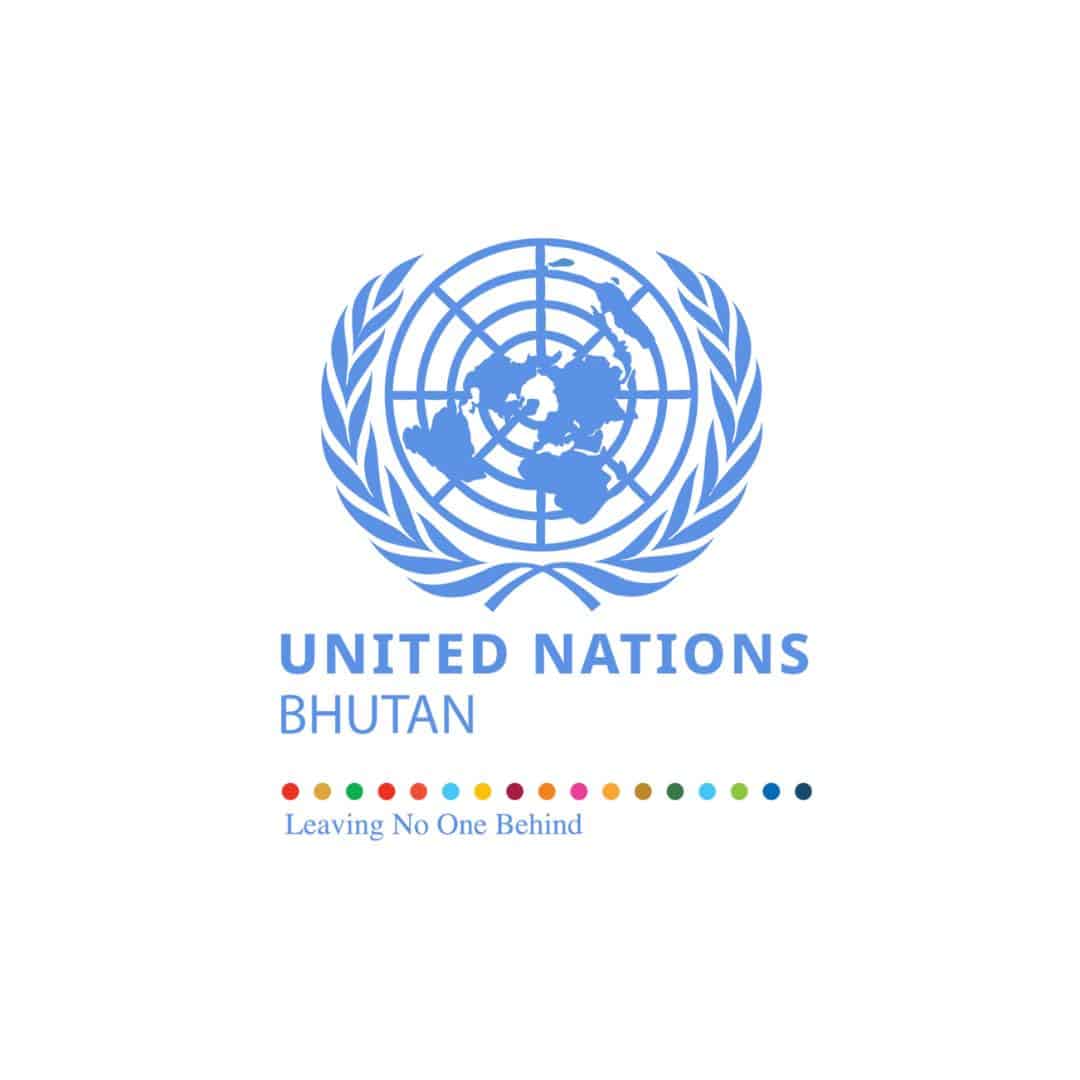GST exemption does not seem to be working at all

Three months after Goods and Services Tax (GST) imposition in India, and instead of Bhutanese consumers reaping the benefits, they are actually paying more for certain essential commodities.
Though the Indian government has declared exemption on GST for goods exported to Bhutan, the price of rice, oil and sugar has actually increased. Each case of these products is dearer by up to Nu 60.
Going by the looks of it, Bhutanese customers are not going to benefit from the GST exemption any time soon. Wholesalers and retailers, with the increase in prices are compelled to pass the extra cost to customers.
An Indian merchant who supplies to Bhutan said that inconveniences at Jaigaon’s Electronic Data Interchange (EDI) port or the erstwhile land customs office is another reason for increase in prices.
GST filing which is delayed for days compels traders to hike up prices. Traders have to pay detention charge which is included in the prices despite GST exemption.
“If such delays are caused at the port, how can they expect traders to decrease prices? In fact, we face loss and are compelled to increase prices,” a trader whose consignment is stuck at Jaigaon said.
Also, traders said that the Department of Revenue and Customs imposes 5% Bhutan Sales Tax (BST) on the GST amount. “Already, we are not GST exempt and we are taxed additionally on GST,” said Manager of Gyeltshen Enterprises, Divesh.
Due to limited benefits, Jaigaon is still a preferred shopping hub, otherwise had the GST regimen been implemented, Phuentsholing would ideally be seeing comparatively bigger hordes of shoppers.
Another reason Bhutanese prefer to shop in Jaigaon is because of the availability of more choices. “We hear that prices will drop in Bhutan, but most products still come cheaper in Jaigaon,” said Sangay Wangdi, a private employee.
Meanwhile, Lyonchhen Dasho Tshering Tobgay in his last meeting with the business community in Phuentsholing had assured that prices of commodities in Phuentsholing would fall compared to Jaigaon and that Bhutanese traders would be at advantage.
The Indian government has imposed GST between 5%-28% on prices of goods. However, GST on exports from India is exempted.
Meanwhile, the Office of Consumer Protection under the economic affairs ministry is monitoring whether GST benefits are being passed down to the ultimate consumers. The team from the department started monitoring from month start.
Initially, the department is focusing on the automobile market after which it will do the same for 15 essential commodities in the market.
The department is still compiling reports which after completion will be submitted to the Prime Minister’s Office for necessary action.
“Just now, we are monitoring whether GST benefits are being passed down to vehicle buyers,” said Chief Trade Officer from the Office of Consumer Protection, Gopal Pradhan in a previous interview with Business Bhutan.
Krishna Ghalley from Phuentsholing














